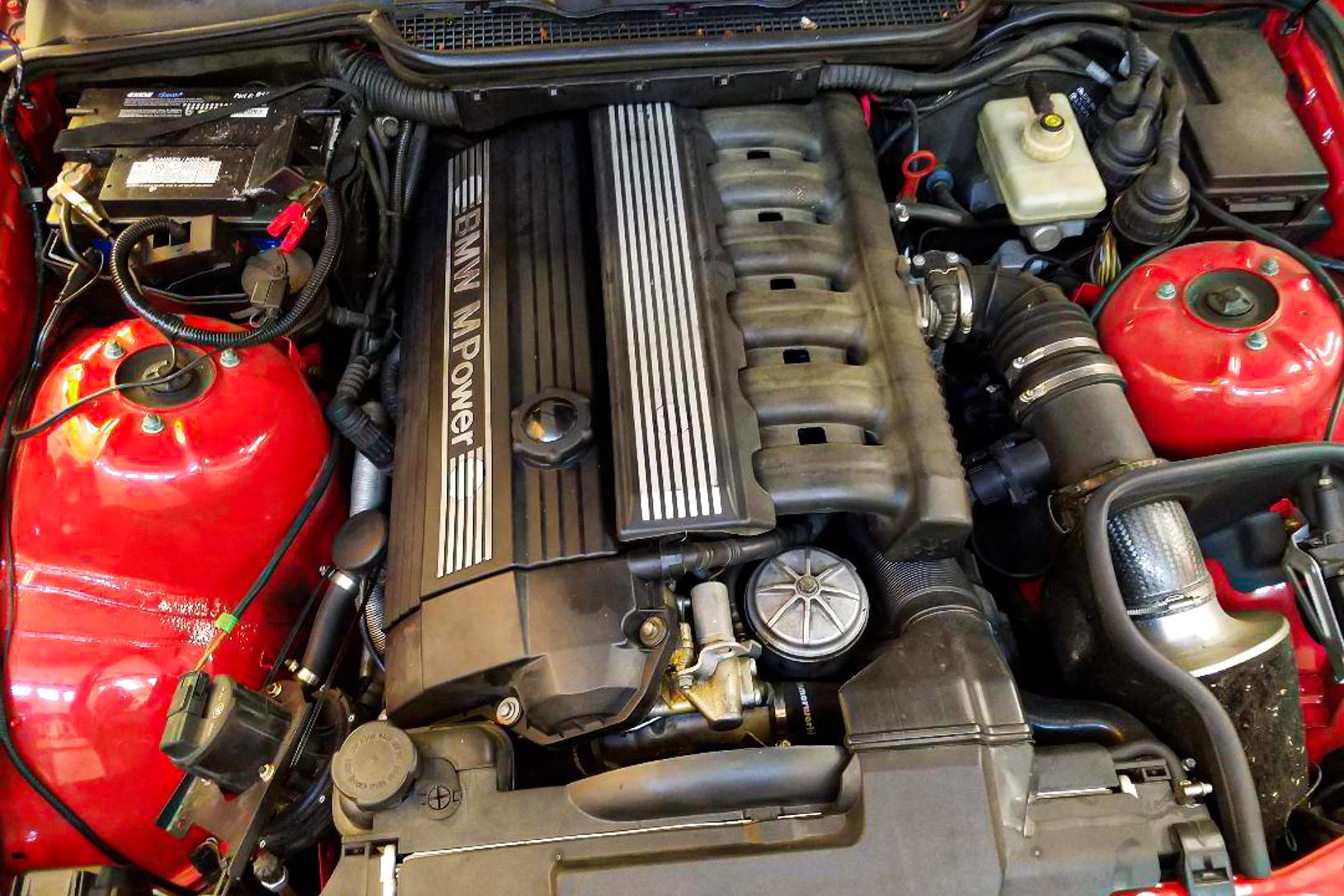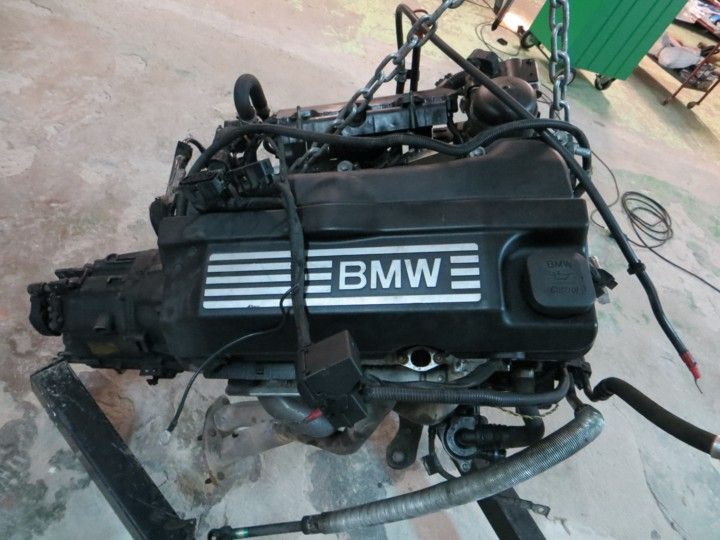Important Factors To Consider for Choosing the most effective Engine for Your Requirements
In the world of selecting the excellent engine to meet your requirements, several critical variables need meticulous factor to consider to guarantee ideal efficiency and effectiveness. From the nuanced equilibrium in between power and efficiency to the often-overlooked aspects of maintenance and service requirements, each element plays a critical function in establishing the most ideal engine for your details demands.
Power and Efficiency
When reviewing engines for optimum efficiency, it is critical to focus on both power outcome and performance. Effectiveness refers to how well the engine transforms fuel right into usable energy. By carefully examining both power and performance, you can choose an engine that provides optimum efficiency and meets your requirements properly.
Fuel Effectiveness and Economic Situation
Fuel efficiency refers to the engine's capability to convert fuel right into energy with minimal waste, directly impacting operating prices and ecological sustainability. Engines with higher fuel efficiency not only decrease gas expenditures however also decrease carbon emissions, adding to a greener operation.

Compatibility and Application
Thinking about the fuel performance and economic climate of an engine, the following critical element to address is its compatibility and application within details operational contexts. Compatibility describes exactly how well the engine incorporates with the overall system or equipment it powers. It includes variables such as physical dimensions, placing choices, electric interfaces, and control systems. Ensuring compatibility is vital to protect against problems such as getting too hot, resonances, or power inequalities (bmw 318ti).
Moreover, the application of the engine is similarly vital. Different engines are created for specific functions, whether it be commercial machinery, aquatic vessels, automobiles, or power generators. Comprehending the desired application permits the selection of an engine that can provide the needed power output, torque, and operational qualities. A high-revving engine made for performance automobiles would not be appropriate for durable building and construction equipment that calls for high torque at low speeds.
Upkeep and Service Demands
Upkeep and solution demands play an important duty in guaranteeing the durability and optimum performance of an engine. Routine maintenance is vital to prevent malfunctions, expand the lifespan of the engine, and preserve its effectiveness. When selecting an engine, it is very important to think about the supplier's advised maintenance schedule and the accessibility of service centers or certified technicians.
Variables such as the frequency of oil changes, filter replacements, and overall assessments can dramatically influence the engine's efficiency. Some engines might call for more frequent servicing based on their design and usage, while others may have longer intervals between maintenance checks. It is important to follow these solution demands to prevent pricey fixings and unanticipated downtime.
Cost and Budget Plan Considerations
Budget restraints commonly play a considerable role in the decision-making procedure when choosing an engine for a particular application. When considering the price and budget plan implications of picking an engine, it is necessary to evaluate not just the preliminary acquisition cost but likewise the long-lasting expenditures related to upkeep, fuel intake, and potential upgrades or fixings. It is important to strike an equilibrium between the upfront price of the engine and its overall lifecycle expenses to make certain that the selected engine continues to be financially sustainable throughout its functional lifespan.
Aspects such as gas integrity, performance, and resilience can directly influence the complete cost of ownership of an engine. While a more expensive engine may have greater ahead of time prices, it could potentially lead to lower maintenance and fuel costs gradually, hence supplying better value over time. Furthermore, thinking about the my site schedule and price of extra components, along with the convenience of upkeep and solution, can aid protect against unanticipated economic pressure in the future. By carefully evaluating these expense and budget plan factors to consider, you can make an informed choice that straightens with your operational requirements and economic restraints.
Conclusion

Gas effectiveness More Info refers to the engine's capacity to convert fuel right into power with minimal waste, directly influencing operating costs and environmental sustainability.Variables influencing fuel effectiveness consist of engine layout, combustion effectiveness, and total efficiency optimization. Additionally, choosing the proper gas kind and grade as advised by the engine manufacturer can better enhance effectiveness and extend engine life-span.
Engines with excellent utility features and readily available parts can minimize upkeep prices and minimize the time the engine is out of operation - bmw 318ti. It is vital to strike an equilibrium between the you can check here upfront cost of the engine and its overall lifecycle costs to guarantee that the selected engine stays economically sustainable throughout its operational life expectancy